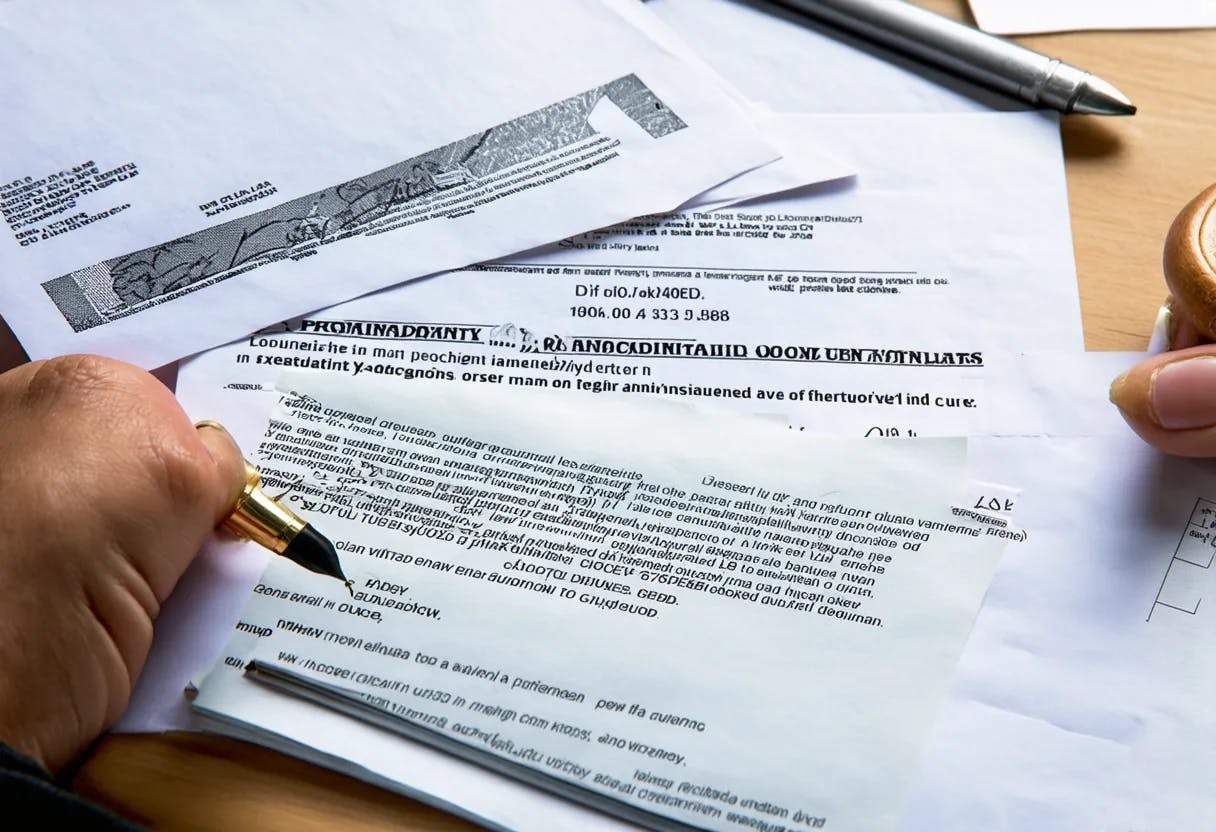138 reads
Hex-Edited Bitcoin Executable Linked to COPA's Forgery Claims
by
July 25th, 2024
Audio Presented by

Legal PDFs of important tech court cases are far too inaccessible for the average reader... until now.
About Author
Legal PDFs of important tech court cases are far too inaccessible for the average reader... until now.
